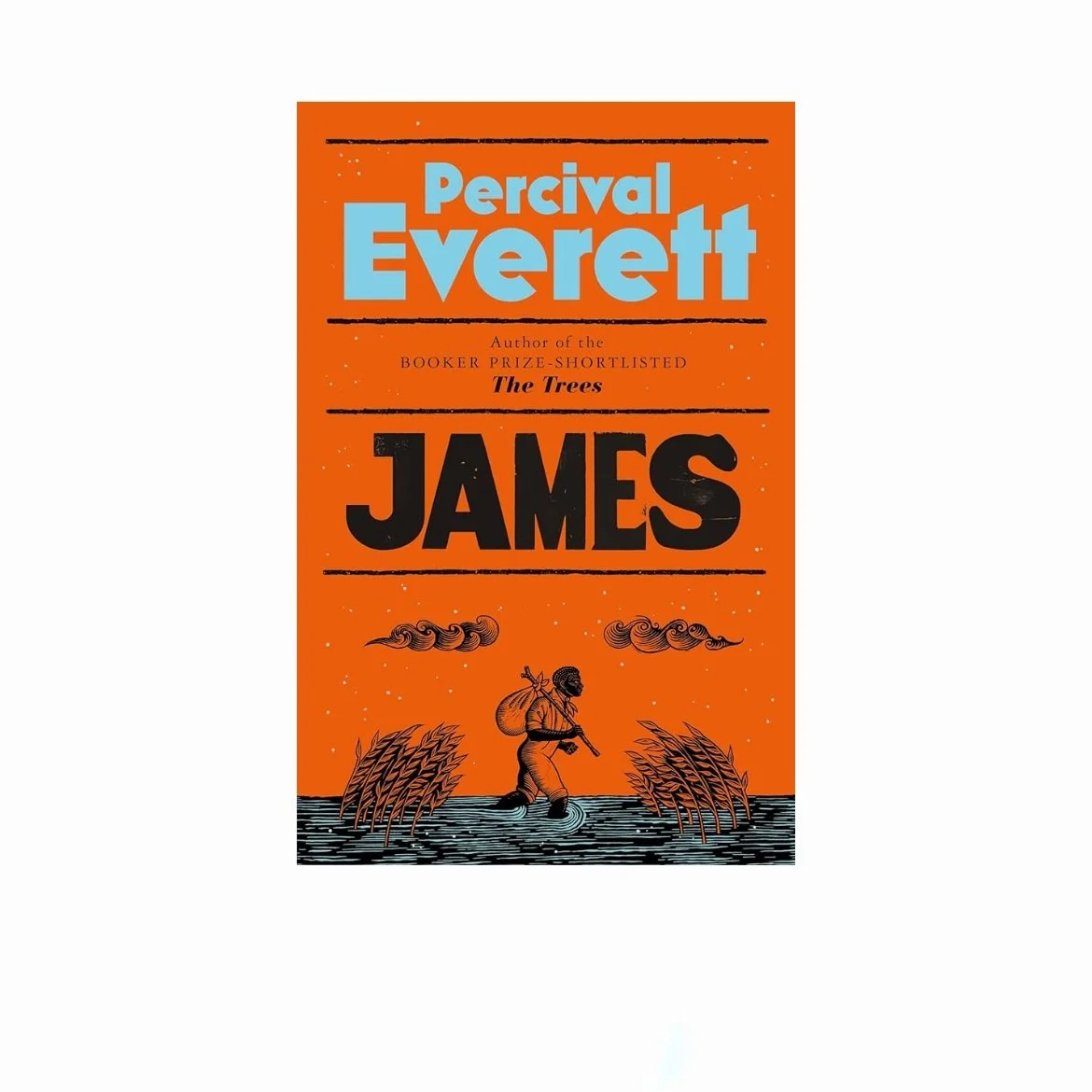
James (2024)
James is, in its simplest sense, a retelling of Mark Twain's classic The Adventures of Huckleberry Finn, from the perspective of the slave Jim. The original is loved and criticised (particularly around its complex handling of race relations) in equal parts, and Everett engages with it with a similar mix of obvious love for the source material and a clear sense of purpose in its interrogation of some of its more problematic aspects.
The Trees (2022)
The Trees is a vicious, riotous satire that deals with the subject of lynching in the US through the twentieth century. In Money, Mississippi, a white man is found brutally murdered - garrotted by barbed wire and castrated - next to another body, that of a mutilated Black man who looks curiously like Emmet Till, who was the real-world victim of a lynching in Mississippi in 1955, aged just 14. Several more deaths occur, with the same body appearing next to them. Soon, similar incidents are occurring across the whole of the US. The set up is one of a murder mystery, albeit one that initially seems to have potentially supernatural connotations.
The Seven Moons of Maali Almeida (2022)
The Seven Moons of Maali Almeida is structurally a murder mystery, albeit one with significant twist. In 1989, war photographer Maali Almeida finds himself in a highly bureaucratic version of the afterlife, in a kind of hinterland between life and passage to “The Light” in which he must solve the mystery of his own death in ‘seven moons’ (otherwise known as a week). It’s set against the backdrop of a particularly turbulent period is Sri Lanka’s troubled recent history, in which various factions including the Tamil Tigers, the marxist JVP, and the government’s own death squads are unleashing relatively indiscrimate violence on each other at a shocking rate.
Glory (2022)
Glory is a satirical allegory of the circumstances surrounding the end of Robert Mugabe’s decades of rule in Zimbabwe in 2017, and his replacement by his former Vice President Emmerson Mnangagwa. It uses a cast of animals in place of humans, enabling it to blend direct retelling of history with fantastical satire that becomes a broader commentary on dictatorships, tyrannical rulers, and the state of the modern world in general
Blonde Roots (2009)
Blonde Roots has a concept that’s hugely appealing in its simplicity: it imagines a world in which the history of the slave trade is inverted, where “blak Aphrikans” are the masters and “whyte Europanes” the enslaved. Its central character is Doris Scagglethorpe, a white Englishwoman who is kidnapped as a child and taken on a slave ship to the New World (in the "West Japanese" islands) where she is acquired by the plantation owner Bwana, also known as Chief Kaga Konata Katamba I. She is ultimately moved to the imperial capital of Londolo, in the island of Great Ambossa where she becomes a "house slave" until her attempt to escape. As punishment, she is returned to the plantation and ends up labouring in the fields, suffering incredible hardship and dreaming of a final escape.
The Sellout (2016)
The Sellout takes place in the fictional town of Dickens, California, an agrarian town around LA. It begins with its narrator, an African-American farmer whose father has recently been unjustly killed by police, known only as "Me", or "Bonbon" - a nickname, standing trial before the Supreme Court for crimes related to his attempt to restore slavery and segregation in Dickens. What follows is an examination of the alternately painfully real and highly surreal events that led to this seemingly absurd scenario.
Amsterdam (1998)
Amsterdam is a short novel focusing on two old and extremely posh friends: Vernon Halliday, newspaper editor of the tabloidy fabrication The Judge, and Clive Linley, who is a very very serious composer. They meet at the funeral of Molly Lane, and are among at least four of her former lovers at said event. We don’t learn an awful lot about Lane, beyond the fact that she entertained a lot of men, and died of an unspecified madness-inducing illness. Vernon and Clive make a pact to “help each other out” if they ever find themselves in a similar state of mental deterioration, which sets in motion a series of highly improbable events in the name of, I guess, “satire.”







